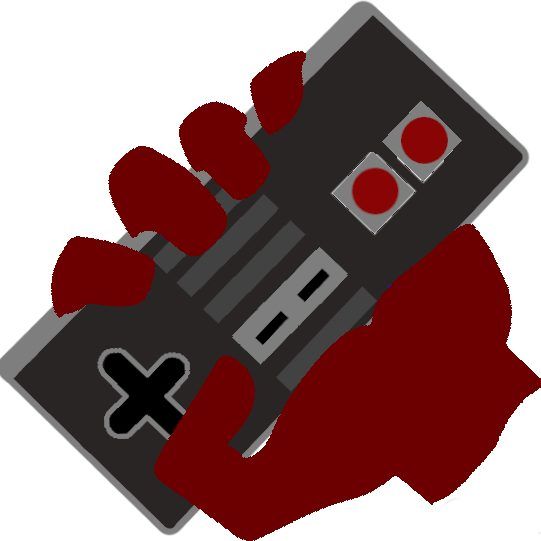Introduction
“How are you? How have you been? What’s going on? What’s up?”
Do people really care about the answer? Before answering, first ask yourself if the person asking is actually wondering how you are, or if it is more of a polite “hello”.
Common Responses
“I’m good, not bad, alright, fine.” These are all common quick responses to acquaintances, strangers, etc. But the problem is they don’t really answer the question, which is okay because an acquaintance probably isn’t looking for a real answer anyways. These are used as non-answers for those situations when the person asking is using “How are you?” to start a conversation. I really dislike starting conversations this way because it feels fake, overdone and just plain awkward. It also doesn’t allow for an easy follow up or flow to the conversation. Instead, if you want to start a conversation, start with “Hi, Hello, or Good Morning/Afternoon.” Then move on to what you want to actually talk about.
“I’m Fine”
So let’s talk about the word “Fine”. Fine is not fine, time to stop pretending everything is okay. This was actually the original topic of this post, but after I was working through it, I realized it morphed from focusing on the answer, to focusing on the question. Fine is generally a dismissive way to get past an awkward part of the conversation and get to what the conversation is really about. This isn’t universally true, but most often the case.
Talking to Family or Other Close People
I said that generally people don’t care for a real answer when asked “How are you?” There are those who genuinely want an answer, and these are also the people who should get a better answer than “Fine, Okay, or I’m Good.” Inflection in your answer is as telling the word choices used, but if you are comfortable sharing, give a little bit more. Give a descriptive adjective followed by an example. “I’m frustrated because my boss gave me a new task and I don’t have enough time to complete it.” “I’m excited because my wife just got a raise at work.”
These answers will give the listener more information. It will allow for a follow up question and for the conversation to keep moving forward. One of the great things about having close friends and family is that they want to help you. Even if they have no direct way to help your situation, they can listen and, if asked, offer advice. Just be clear when you are sharing that you also let them know what you are looking for in this situation. “I really just need someone to vent to about this situation at work.” “What do you think about my problem I’m having at work?” Both of these sentences give your listener a better understanding of what you need in response, whether it is only having an ear or providing advice.
Conclusion
Please do not open conversations with “How are you?” unless you actually want a real response. This should be saved for people you are close to such as close friends and family. Remember when being asked “How are you?” to give those who you are close to a better response than “Fine.” Start conversations with the age old “Hi, Hello or Good Morning/Afternoon.” Then move on to what you want to talk about and skep the awkward part for both you and the listener.

I’m totally guilty of this mantra, and you’re right it is totally just another version of “Hey.” I also don’t like it the more I think about it. Thanks for the extra insight!
Glad you liked it!